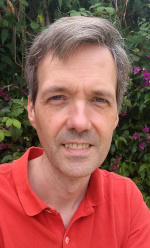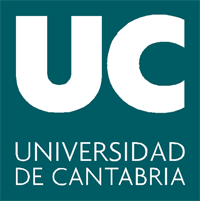News
- 2020/06/11: Renovation of the webpage is under way
- 2020/01/10: Professor at UC!
- 2019/07/22: 2nd School on Second-Principles Density Functional Theory methods and Scale-Up
- 2019/05/08: Discovery of polar skyrmions
Research activity
My research interests involve using these techniques to study the geometry and optical, electric, magnetic and transport properties of molecules and solids. I am intrigued by symmetry-breaking and the change of electronic properties with the geometry of the system through phenomena like the Jahn-Teller effect or electron-lattice or electron-phonon interactions. Many of the materials under explored in the group involve transition metal complexes in some form: impurities in ionic solids, molecular magnets or transition metal perovskites. Lately we have carried out much work on the polar vortexes found in PbTiO3/SrTiO3 superlattices.
Much of our current effort is put into developing new first principles-based methods that we call second-principles Density Functional Theory (SPDFT). These techniques allow us to carry out simulations on very large systems containing tens of thousands of atoms yielding both the electronic structure and structural properties. Their use is still non-trivial and we are developing code both to improve their functionality and to allow the semi-automatic creation of models that will help us gain further understanding on the origin of the fascinating properties of many molecules and solids.


